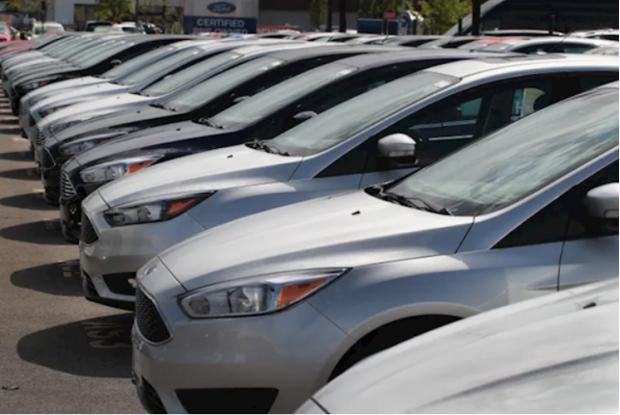
A cyber attack on Sidecar Global, a major supplier of dealership software, has brought thousands of dealerships across the United States to a standstill during an otherwise busy holiday season. The immediate result of the accident was that more than 15,000 car dealers were unable to carry out sales operations because their systems - including IT systems, phone systems, applications, etc. - were temporarily shut down or did not work properly. At the same time, the accident caused some dealer employees to complain about having nothing to do or being forced to go back to the days of paper and pen to conduct business. Some dealers send their employees home to rest. Other dealers seem to have figured out how to keep doing business during the outage. Employees said they relied on spreadsheets and notes to sell customers small parts and repairs, but were unable to make any large transactions.
As the end of the second quarter approaches, the incident will also have a significant impact on the North American auto industry. First, due to the disruption of business and the decline in customer service satisfaction caused by cyber attacks, most auto dealers could not normally use their dealer management systems, resulting in the interruption of key business processes such as sales, maintenance, and delivery. This not only affects dealers' daily operations, but can also negatively impact customers' car buying and repair experiences. Because the system does not work properly, dealers cannot respond to customer needs and queries in a timely manner, resulting in a decline in customer service quality. Customers may face long waits and communication barriers, which in turn negatively impact dealer satisfaction. While North America has strong cyber security capabilities of its own, this incident shows that even with advanced security policies, it can be vulnerable to attacks due to a lack of timely security updates and maintenance.
The second is the financial loss and brand image damage, and the business interruption and the decline in customer service quality caused by this incident will directly affect the sales and profits of dealers. In addition, those behind the cyberattack are demanding a huge ransom, amounting to tens of millions of dollars. This suggests that hackers may be motivated by financial gain, extorting ransom to profit, while dealers also need to bear additional financial costs. The network attacks have damaged the brand image of the dealers. Customers may view this incident as an indication of the dealer's poor management and lack of safety, which could negatively impact the dealer's reputation. The auto dealer industry may have widespread problems such as insufficient awareness of network security and insufficient security investment, and with the continuous progress of network technology, hackers can use more advanced and covert attack means to bypass traditional security protection measures, so as to successfully implement attacks, which makes them more likely to become the target of hacker attacks.
Third, the legal risks caused by data leakage and privacy risks, cyber attacks may lead to dealers' customer data, vehicle information and other sensitive data is leaked. Not only is this a violation of privacy regulations, but it could also expose customers to identity theft, fraud and other risks. If resellers fail to properly protect customer data or violate privacy regulations, they may face the risk of legal action and fines. In addition, they need to ensure that their business complies with the regulatory requirements of the relevant industry.
In summary, the impact of cyberattacks on North American auto dealers is multifaceted, including business disruption, reduced customer service and satisfaction, data breach and privacy risks, financial losses, brand image damage, legal risks and compliance issues. Even if systems are restored, it may take a considerable amount of time for dealers to rebuild customer trust, restore business operations and repair damaged brand image. The effects could be long-lasting and far-reaching. Therefore, car dealers need to attach great importance to network security issues and strengthen security measures to ensure the normal operation of business and the security of customer data.

Amidst the global wave of technological transformation, artificial intelligence (AI) has become a key focus of competition among major tech giants.
Amidst the global wave of technological transformation, art…
In January 2026, the remarks by US Treasury Secretary Besse…
Less than three weeks into 2026, transatlantic trade relati…
On January 17, 2026, the Trump administration, under the pr…
When Musk set the goal of achieving a launch frequency of m…
A week after the largest nationwide protests in years, the …